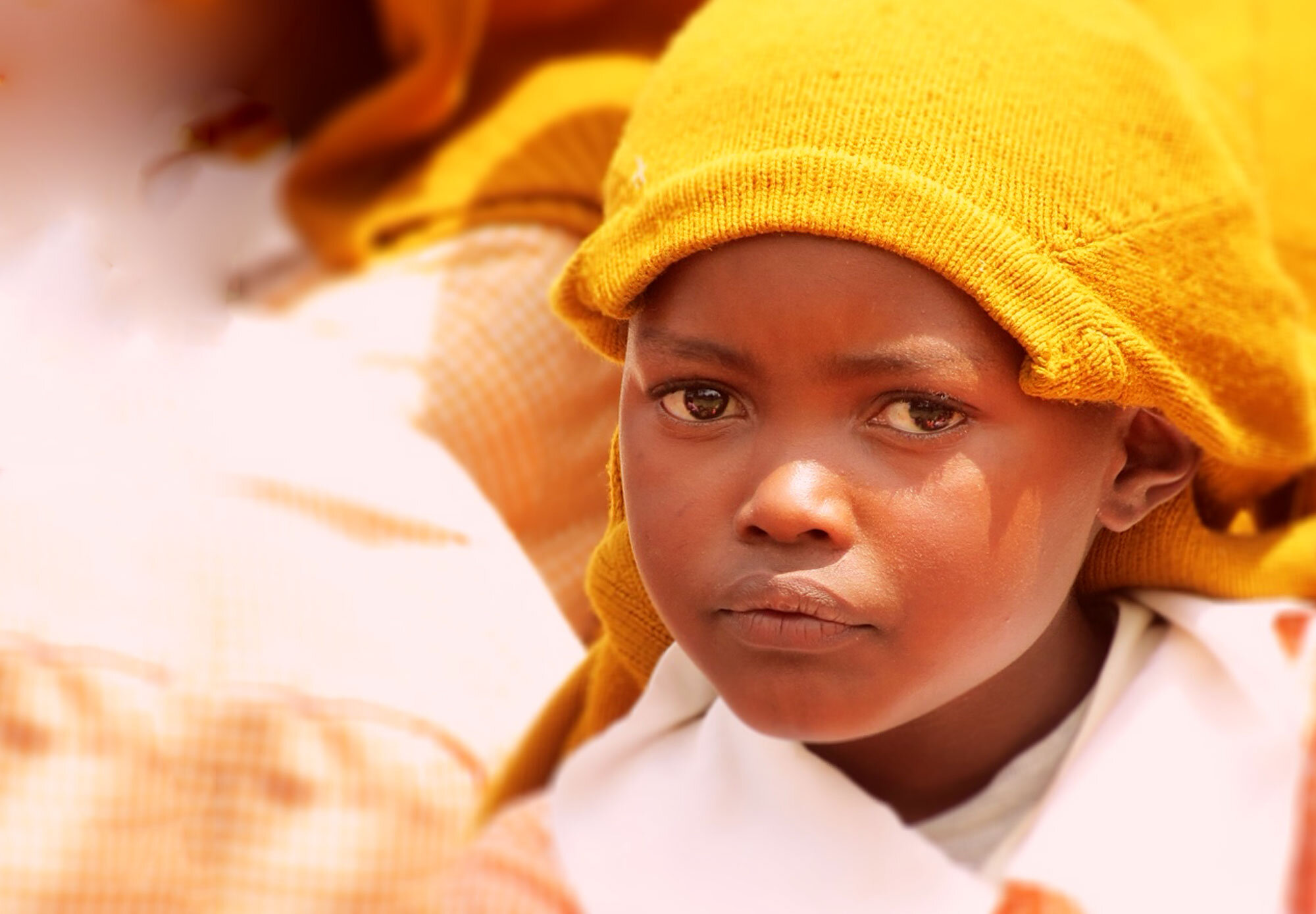Feeding Program at Likii Primary School
Some NGO and non-profit organizations around the world provide what we would consider to be “Band-Aid” solutions; temporary aid that does little to alleviate the actual issues. It is that way with street children. If you see a young child on the street asking for money for food, your first reaction is to help; to provide the one hundred or so shillings that will buy milk and bread to satiate their immediate hunger. What most people don’t know is that money is most likely going to one of the older street boys; it is most likely purchasing a bottle of glue. And it is one hundred shillings after one hundred shillings, which sustain these boys and girls on the streets. It is one hundred shillings after one hundred shillings, which attract them to the freedom provided by street life. But money is nothing more than a Band-Aid solution and here at the Simama Project we seek to find the reasons that these children are brought to the streets.
Likii is the largest slum in Nanyuki and Likii Primary School educates approximately eight hundred boys and girls from nursery school to Class 8. Past research has indicted that more than 50% of street kids in Nanyuki are from the Likii area and most would have come from Likii Primary School. Kids who attend Likii Primary School only eat during the school day if their parents can afford to send them with a lunch, which many are unable to do. This lack of food affects student’s attendance/performance and directly correlates with the fact that many are dropping out. Instead of spending the day in the classroom, many are opting to spend the day on the street begging for money and/or food. Simama Project has been working closely with the school and head teacher for the past few years. A feeding project was an idea conceived and discussed with various members of the local community but, until now, funding was unavailable.
This summer, Varney Glassman, is working with the Simama Project here in Kenya. Raised in the suburbs of Philadelphia, Varney attended The Putney School. She is down-to-earth and, unlike many her age, she has a keen humanitarian awareness. This is her third trip to East Africa; she was here once in 2012 and once again in 2013 and both gap year trips were spent at Daraja Academy in Nanyuki, Kenya. She was originally set on spending the year in Argentina learning Spanish and organic farming but she quickly realized that she wanted to do something more meaningful with the allotted time. The twenty year-old just finished her freshman year at Bennington College in VT where her self-designed major focuses on Anthropology and African Studies. In order to qualify for such a major, she must participate in various internships related to Africa. This past winter, while living in the US, she spent a few months interning for the Africa Yoga Project. But she was looking for more than just working with Excel spreadsheets and coordinating volunteer trips. She was looking to return to Kenya.
And so, in December of 2014, Varney applied for the Davis Projects Peace Grant. The organization awards one hundred $10,000 grants each summer. Bennington College is one of ninety colleges and universities to participate and, of the forty applications submitted by her classmates at Bennington, her application was moved to the top of the pile and she was awarded $10,000 for her proposed feeding project at Likii Primary School. Her idea and proposal were inspired by a similar garden project at Bupala Primary in rural Uganda, which she helped her 6th grade teacher with this past winter. She also worked closely with Simama Project founder, Matt Orcutt, incorporating his personal knowledge/experience of the local situation here in Nanyuki.
During these next six weeks, Varney will oversee the construction of a kitchen and jiko (a large firewood stove). Two cooks will be hired and, in less than two weeks time, all eight hundred boys and girls will receive porridge once per day. Costs will be covered for the first month by her grant but, after that, it is the responsibility of the school, parents, etc. to maintain. Each family will pay 55 ksh (60 cents) per month/child. Those that are unable to pay will be asked to volunteer their time in the garden. If a child is without parents, the Simama Project and Likii Primary School will work together to find a sponsor to pay. This will ensure that the project is financially self-sustaining. Likii’s five acres which now sit dormant will be tilled and feeding grass planted. The profits from these crops will be used to purchase grains, fruits & vegetables – lunch for all of the kids. A polytunnel (“greenhouse”) is also being constructed in the coming weeks. It will house fruits & vegetables, which will also be sold to the local community to cover some of the lunch costs. The key to the program is sustainability. The goal is for this to be something that is set-up by Varney and sustained by Likii Primary School, the Simama Project and the local community.

